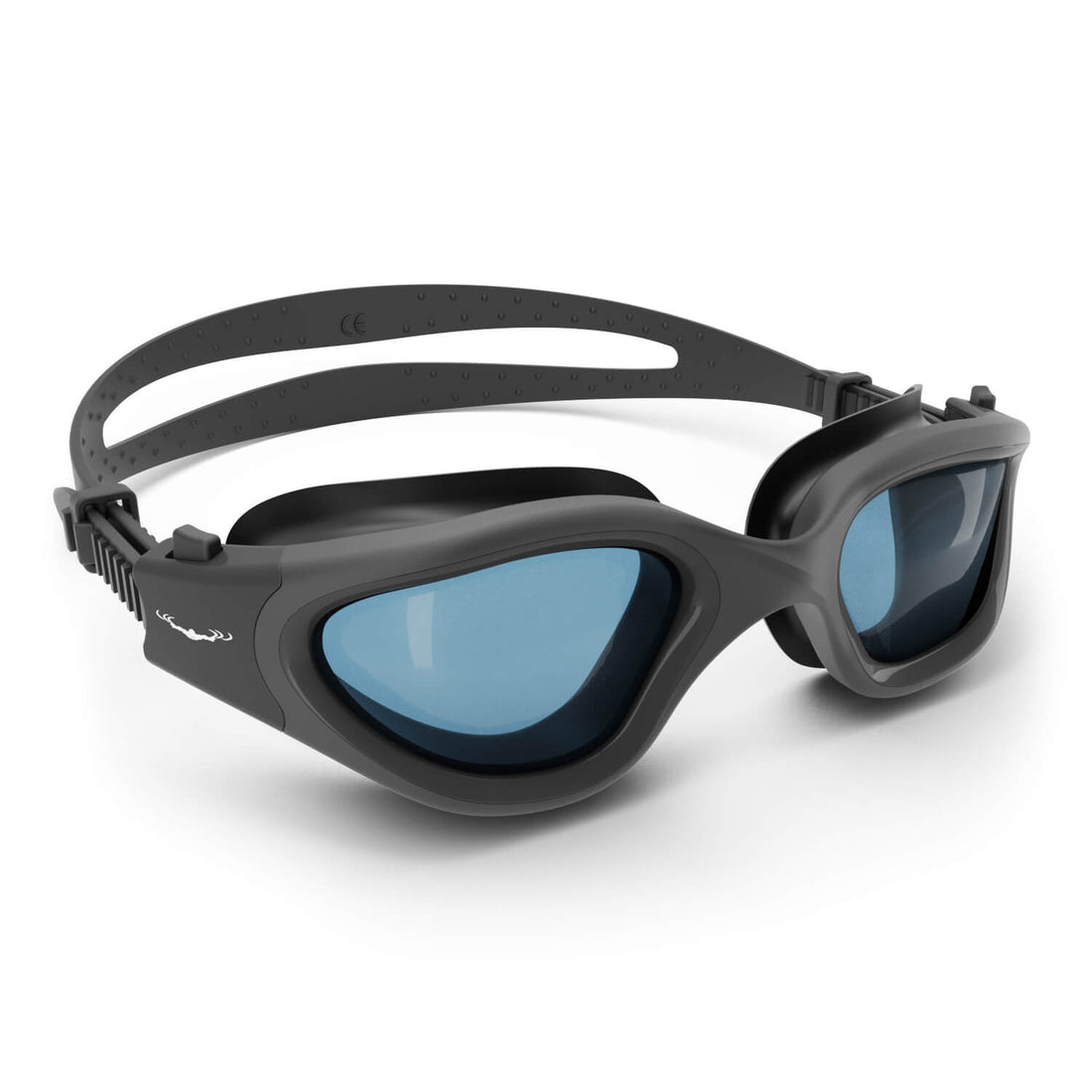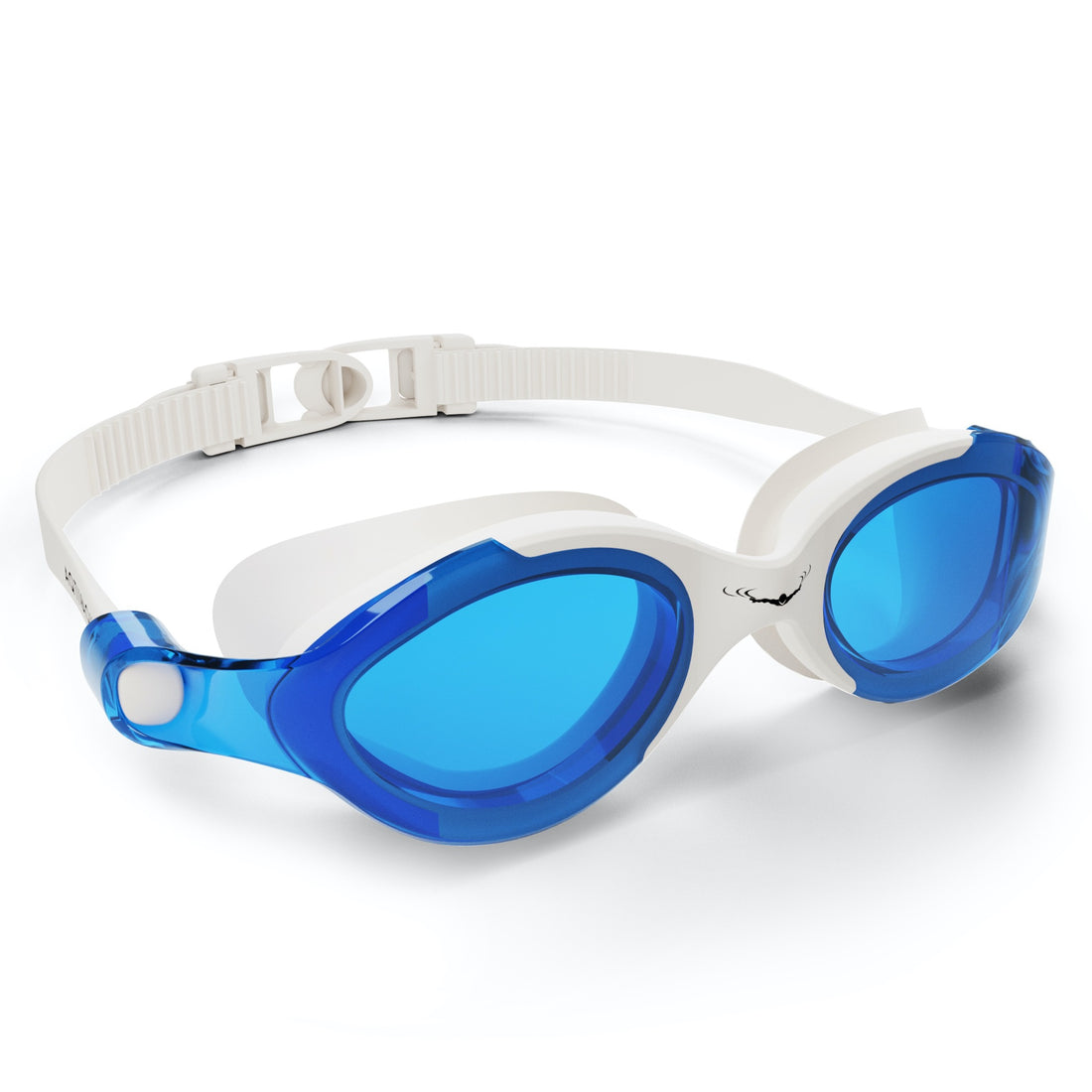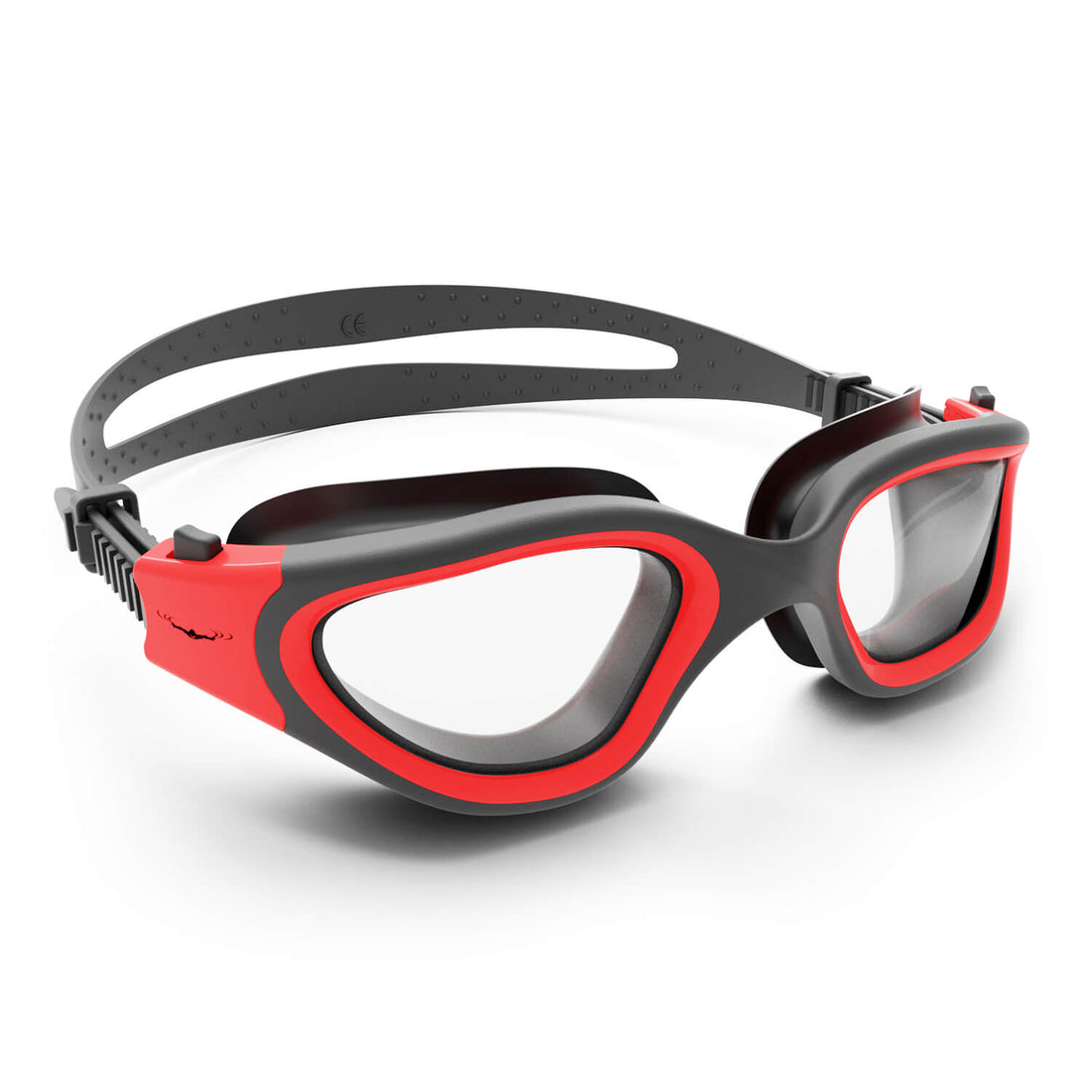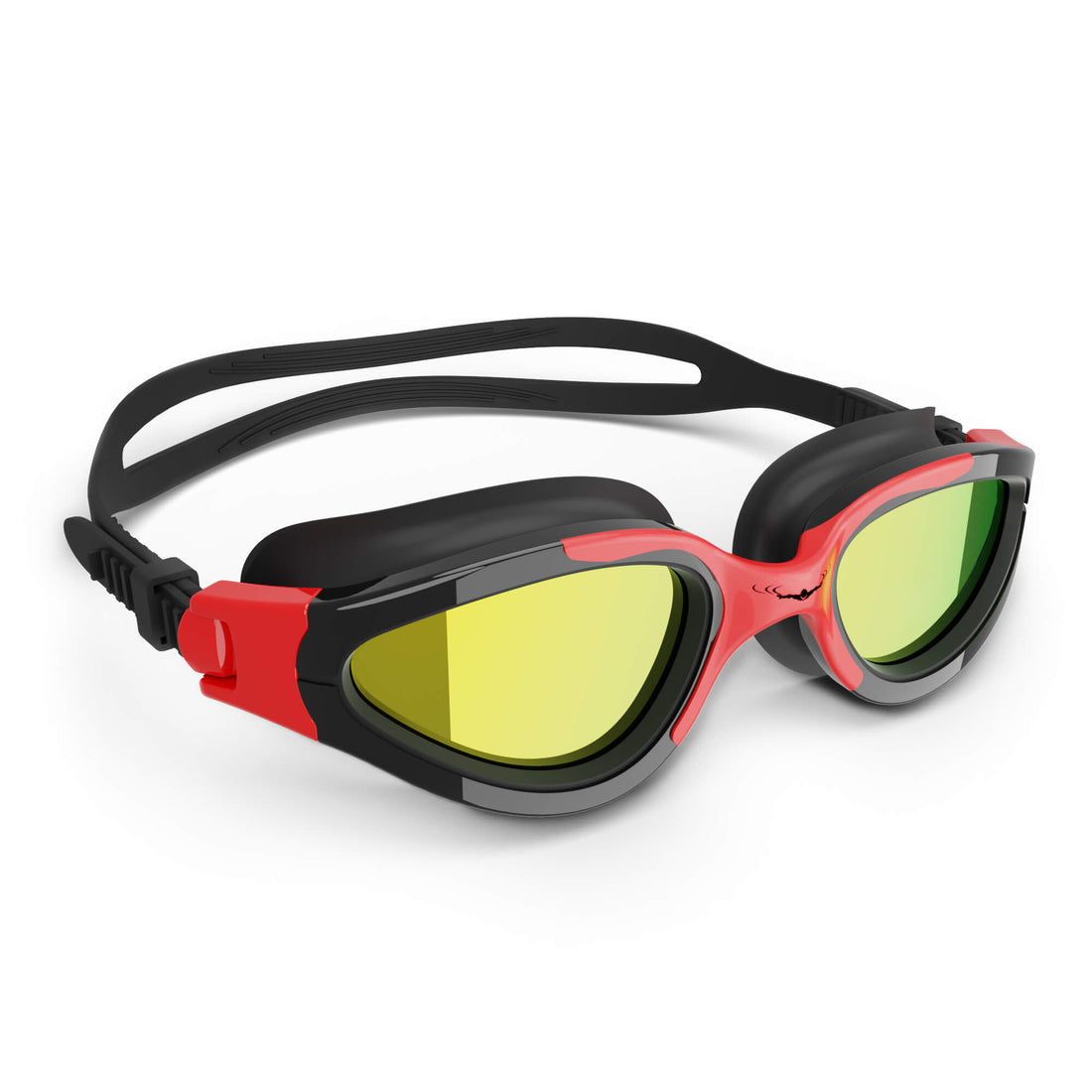Swimming is a fantastic workout that not only benefits your physical health but also provides a refreshing way to cool off during hot weather. However, the chlorine and other chemicals in pools, as well as the sun exposure while swimming outdoors, can take a toll on your skin. In this article, we will discuss important precautions to take for proper skin care before and after swimming sessions. Let's dive in!
Hydrate Your Skin
Before hitting the pool, it's crucial to hydrate your skin. Apply a generous amount of moisturizer to create a barrier between your skin and the pool water, which can be drying. Look for moisturizers specifically formulated for swimmers to combat the dehydrating effects of chlorine. Remember to reapply after swimming to lock in moisture.
Protect Your Hair with a Swim Cap
Invest in a high-quality swim cap to protect your hair from the damaging effects of chlorine. Swim caps not only keep your hair dry but also shield it from the harsh chemicals in pool water. Additionally, wearing a swim cap can help reduce tangles and breakage, keeping your locks healthy and strong.
Use Swim Goggles
Swim goggles are essential for protecting your eyes from irritation caused by chlorine and other contaminants in pool water. They create a tight seal around your eyes, preventing water from getting in and reducing the risk of redness and discomfort. Choose swimming goggles that fit snugly and provide UV protection for outdoor swimming.
Shower Before and After Swimming
Before entering the pool, take a quick shower to rinse off any oils, lotions, or impurities on your skin. This can help minimize the absorption of chlorine and reduce skin irritation. After swimming, rinse off again to remove any lingering chemicals from your skin and hair.
Apply Sunscreen
If you're swimming outdoors, always apply a waterproof sunscreen with a high SPF to protect your skin from UV rays. Reapply sunscreen every two hours, especially if you're spending an extended period in the water. Remember to cover all exposed areas, including your face, neck, and shoulders.
Wear Swim Ear Bands
To prevent water from getting trapped in your ears and causing infections, consider wearing swim ear bands while swimming. These protective accessories create a barrier against water entry, keeping your ears dry and reducing the risk of ear-related issues. Choose comfortable, adjustable ear bands for a secure fit.
Keep Your Pool Clean
If you have a private pool, make sure to maintain proper water chemistry and cleanliness. Regularly test the pool water and adjust the chemical levels as needed to prevent skin irritation. Clean the pool filters and skimmers to ensure optimal water quality for safe and enjoyable swimming experiences.
Moisturize After Swimming
After your swim, take a refreshing shower to rinse off chlorine and other chemicals, and then apply a hydrating moisturizer to your skin. Focus on areas that are most exposed to pool water, such as your arms and legs. Hydrating your skin after swimming helps replenish lost moisture and keeps your skin soft and supple.
Protect Your Lips
Don't forget to protect your lips from sun and chlorine exposure. Apply a lip balm with SPF before swimming to shield your lips from UV rays. After swimming, reapply to maintain moisture and prevent dryness. Keeping your lips hydrated is essential for overall skin care, especially during swimming activities.
Avoid Prolonged Sun Exposure
While swimming outdoors can be enjoyable, it's important to limit your sun exposure to reduce the risk of sunburn and skin damage. Seek shade whenever possible, wear a wide-brimmed hat, and cover up with UV-protective clothing to shield your skin from harmful UV rays. Practice sun safety to protect your skin during swimming outings.
Stay Hydrated
Proper hydration is key to maintaining healthy skin before, during, and after swimming. Drink plenty of water to stay hydrated and nourish your skin from the inside out. Dehydration can exacerbate skin dryness and irritation, so make sure to replenish lost fluids by drinking water throughout the day.
Monitor Your Skin
Lastly, keep an eye on your skin for any signs of irritation, dryness, or unusual changes. If you notice redness, itchiness, or rashes after swimming, it may be a sign of sensitivity to pool chemicals. Consult a dermatologist if you experience persistent skin issues to address them promptly and prevent further discomfort.
Take Care of Your Skin for a Refreshing Swim
Swimming is a delightful activity that offers numerous health benefits, but it's essential to take precautions to protect your skin from the potential hazards of pool water and sun exposure. By following these skin care tips before and after swimming, you can enjoy your aquatic adventures while keeping your skin healthy and radiant. Remember, healthy skin is happy skin!










